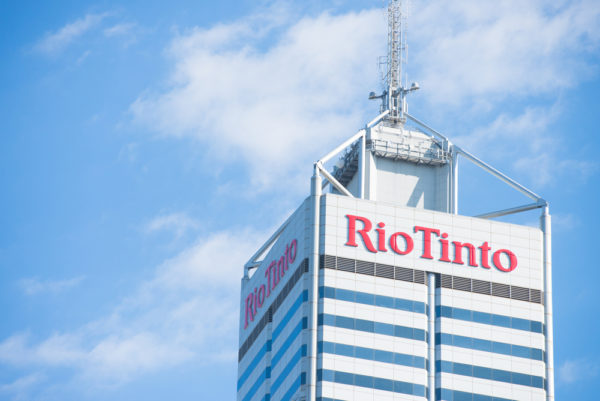A fresh set of companies, including one of the largest supermarket chains in the world, are under pressure to disclose more information about the way they treat their workers.
ShareAction, a coalition of 120 investment managers, is targeting companies including retailer Walmart, the mining giant Rio Tinto and drinks maker Coca Cola to disclose more about the working conditions for their employees as part of its Workforce Disclosure Initiative (WDI).
Last year the WDI, which launched in 2017, warned that responses to their 2018 workforce disclosure survey provided poor data on workforce risks, with little information on low-paid workers and employees in the supply chain.
According to ShareAction’s senior research manager Vaidehee Sachdev, many companies fail to reveal how they provide “good working conditions” for employees, from those employed directly to those involved in the supply chain.
“There is now huge support by investors around the world to push companies to be more transparent on how they’re protecting and promoting the workforce,” said Sachdev. “We think it’s time companies were far more open about how the jobs they provide deliver real benefits to the lives of workers and the communities on which their businesses depend.”
ShareAction has the backing of some serious investor muscle. According to Elly Irving, head of engagement with Schroders, investors are making progress on a range of sustainability issues “but still have little transparency on workforce issues”.
Some see benefits for companies in making greater workforce disclosures. According to Nicole Bradford, portfolio head with fund Cbus Super, the stakes are high. “Companies who do this are likely to maintain their licence to operate, be an employer of choice and be more sustainable over the long term, thereby delivering better returns for our members,” she said.
Comparable data
Writing in Board Agenda last year, Clare Richards, leader of ShareAction’s good work programme, said workforce disclosure could be seen as part of company efforts to address the “social” element in ESG (environmental, social and governance) issues.
“Workforce disclosure is a vital starting point for investors to understand and drive up performance in invest companies,” she wrote. “For investors to encourage better workforce management they need comparable data on which to base their decisions and form engagement with boards.”
Last year saw 90 companies, among them 21 of the largest 100 corporates in the world, respond to the WDI campaign with disclosures. They employed 8.3 million people directly and maintain relationships with around 1.5 million suppliers.
Companies taking part included Adidas, AT&T, BHP, H&M, Microsoft, Nestlé, Rolls-Royce, Sainsbury’s, Telstra, and Toyota.
However, while their willingness to become involved was “commended”, the WDI concluded that efforts to address workforce risk were poor. Just over half the companies who completed the WDI’s survey provided no detail on who is involved in the risk management process, how frequently it takes place or which business operations were covered. However, 53% said their workforce risks were part of wider enterprise risk management.
The WDI worries that “without a clear and dedicated process there is a danger that companies may be overlooking and failing to appropriately act on the most severe risks and impacts to workers, as well as missing the benefits of improved practices.”





